Are you struggling with crack withdrawal? How can you address the symptoms? A brief review here. ...
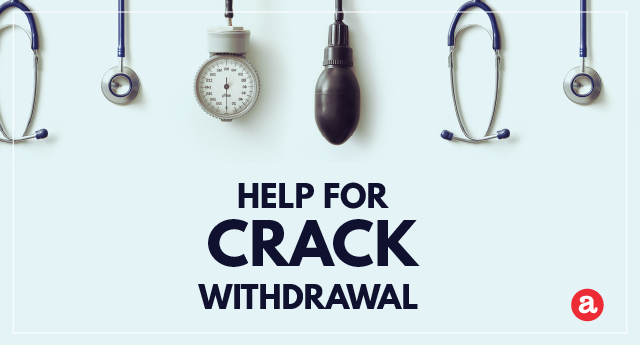

Comprehensive guide to illicit drug use, abuse, and addiction. Scientific guides to the most used and dangerous drug people use today.
The basics. Crack info, effects, and addictive potential here.
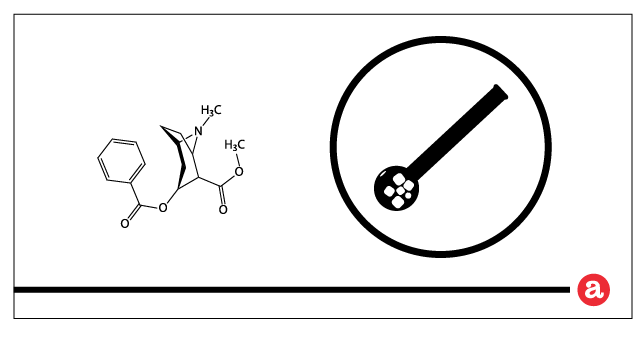
Are you struggling with crack withdrawal? How can you address the symptoms? A brief review here. ...

Yes, crack is extremely hard to quit. Crack is a more concentrated form of powder cocaine and is highly addictive! We pr ...
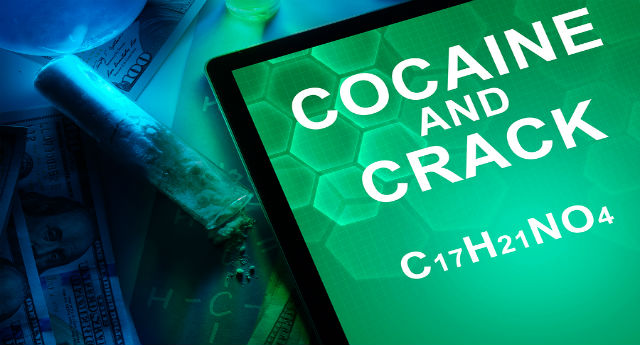
The best way to stop using crack is with medical supervision. But, what can you expect during crack rehab? We review her ...
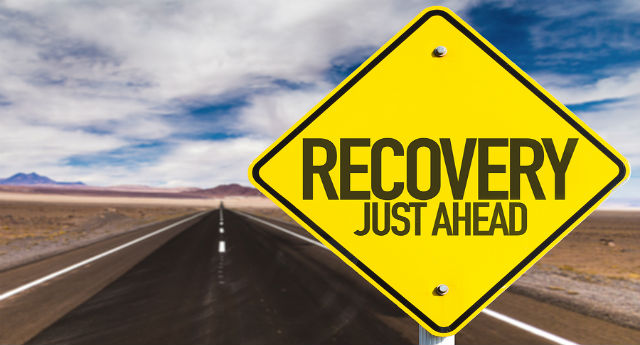
If you are physically dependent on crack cocaine, it doesn’t have to mean you are an addict...but you are playing with ...
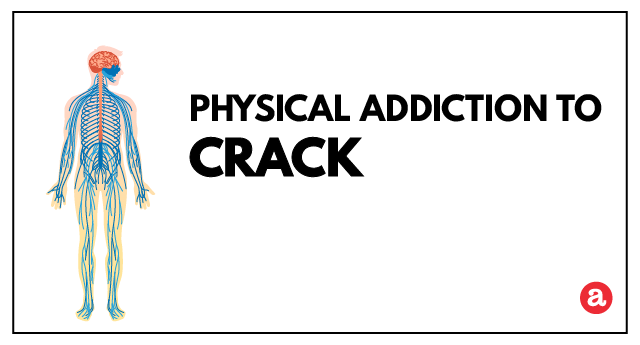
Crack detox symptoms start within a few hours after the last use, and can last for weeks and even months on end. What is ...
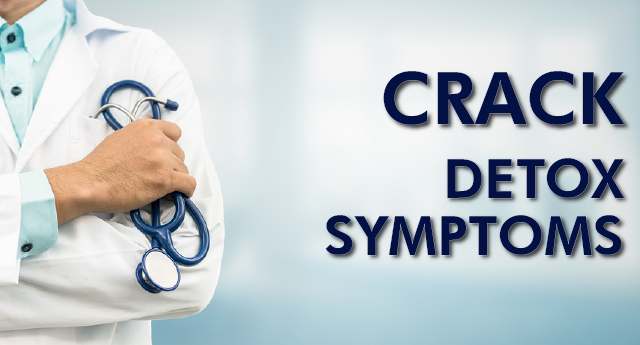
Crack is super addictive! A 28 day stay in rehab is the bare minimum for most people. In fact, some patients may be aske ...

Is cold turkey withdrawal from crack always advised? We review the steps you can take to safely stop taking crack here. ...
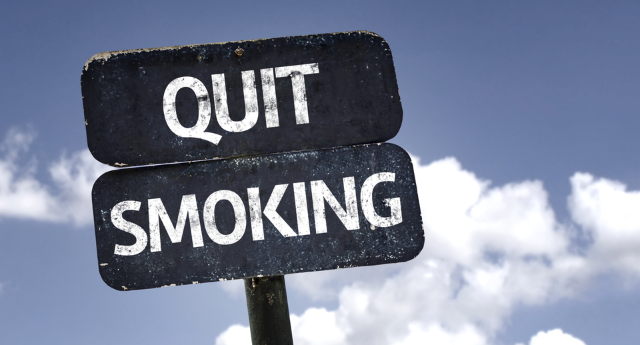
The best way to stop using crack is with medical supervision, so that you can receive the psycho-emotional support that ...
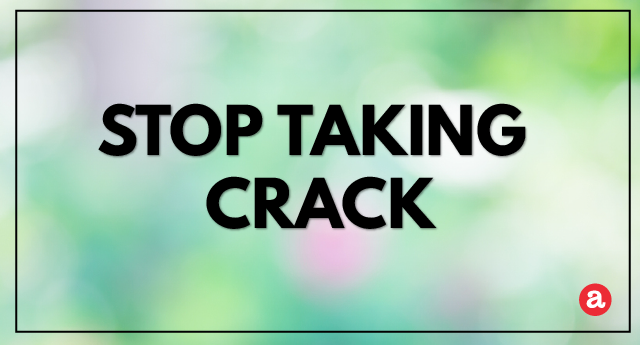
Crack detox is most severe in the first week after last use. But psychological withdrawal symptoms may persist for weeks ...
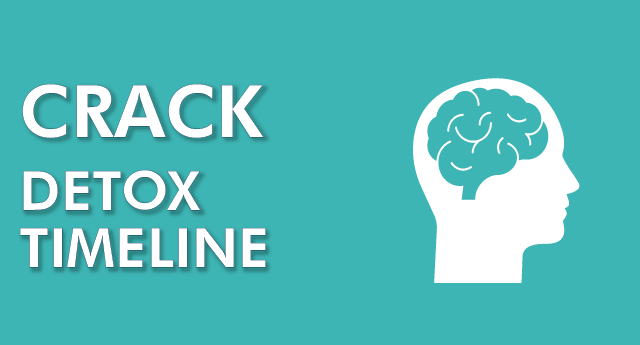
Yes, you can get addicted to crack. In fact, crack is HIGHLY addictive as a result of euphoric effect and short half-lif ...
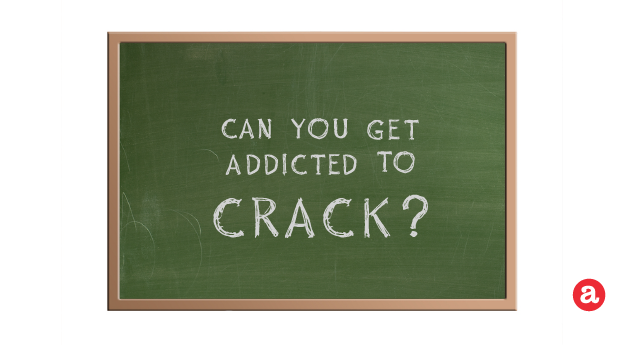
HOW OUR HELP LINE WORKS
For those seeking addiction treatment for themselves or a loved one, the Addictionblog.org helpline is a private and
convenient solution.
Calls to any general helpline (non-facility specific 1-8XX numbers) for your visit will be answered by
American Addiction Centers (AAC).
Caring admissions consultants are standing by 24/7 to discuss your treatment options. These representatives work
solely for AAC and will discuss whether an AAC facility may be an option for you.
Our helpline is offered at no cost to you and with no obligation to enter into treatment. Neither Addictionblog.org
nor AAC receives any commission or other fee that is dependent upon which treatment provider a visitor may
ultimately choose.
For more information on AAC’s commitment to ethical marketing and treatment practices, or to learn more about how to
select a treatment provider, visit our About AAC.
If you wish to explore additional treatment options or connect with a specific rehab center, you can browse top-rated listings, visit our homepage and browse by state, or visit SAMHSA.
Comments